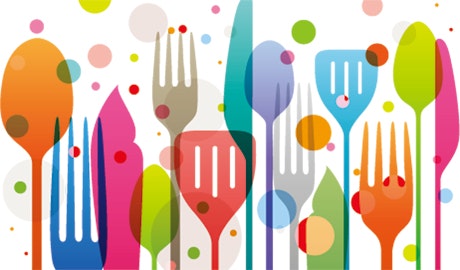The Science of Gastronomy
Overview
This course introduces several basic scientific principles underpinning the methodology of cooking, food preparation, and the enjoyment of food. All topics covered have a strong basis in biology, chemistry, and physics application. Among others, they include the consumption of cooked food, the physiological and evolutionary implications of the senses, geographic and cultural influences on food, and the rationale behind food preparation. We will also discuss issues such as coupling of senses to improve sense stimulation; altering flavor by chemical means, and modification of the coloration to improve the appearance of dishes. Following the video demonstrations of the scientific principles of cooking, you will learn to recognize the key ingredients and their combinations for preparing good healthy food. You will also be asked to try out and practice specific cooking principles through the weekly assignments; analyze your data and make comparisons of your experiences with others. At the end of this course, you will be able to: - appreciate the scientific basis of various recipes. - develop your own recipes by integrating some of the scientific principles into new dishes. - recognize the influence of the material world on human perception from the different senses. - appreciate the art of integrating science into cooking and dining. Important Note: This course is not designed for people with special dietary needs such as vegetarian, diabetic, and gluten-free diets. If you feel uncomfortable with any part of the assignments or activities of this course, you can substitute some of the ingredients or ask friends and family members to help with the tasting of your assignments. Alternatively, you may skip that specific assignment if you have fulfilled all other qualifying requirements to pass the course. Course Overview video: https://www.coursera.org/lecture/gastronomy/course-overview-43gyz

